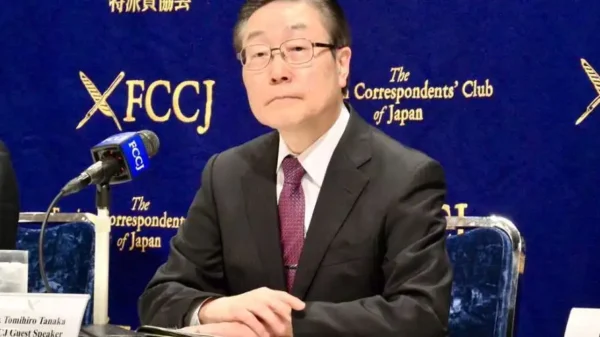K-Pop Faces Identity Crisis Amid Global Shifts and Industry Challenges
A Waning Global Spotlight
K-pop, once hailed as South Korea’s most influential cultural export, is facing an identity crisis. Once known for its dominance on international charts and sold-out stadium tours, the genre’s global momentum appears to be slowing. Recent releases from top-tier artists have failed to maintain long-term chart success, raising questions about whether K-pop’s worldwide appeal is waning or simply evolving.
Chasing Global Appeal at the Cost of Authenticity
As the industry aggressively pursues international audiences, critics argue that the essence of K-pop is being diluted. Labels are increasingly prioritizing English-language tracks, Western-style production, and collaborations with foreign artists. While these efforts were initially successful in expanding K-pop’s reach, they have also distanced the genre from its cultural roots. This shift has sparked debate over whether K-pop is losing the very identity that made it unique.
Disconnect from South Korean Culture
This pivot toward global markets has impacted the genre’s resonance within its home country. Traditional elements of South Korean music, language, and storytelling are being sidelined in favor of international trends. As a result, K-pop is finding it harder to maintain a strong cultural connection with domestic fans. Industry observers worry that in trying to appeal to everyone, K-pop risks appealing to no one in particular.
Chart Fatigue and Oversaturation
Part of K-pop’s current struggle can also be attributed to oversaturation. With hundreds of groups debuting each year and multiple comebacks scheduled for individual artists, the market has become crowded and difficult to navigate. The constant cycle of content has led to diminishing returns, both creatively and commercially. Even big-name groups now struggle to sustain chart-topping hits, with new releases quickly disappearing from the public radar.
Legal Controversies and Stability Concerns
Adding to the genre’s woes are increasing legal disputes involving top groups. The recent lawsuit between HYBE and members of the girl group NewJeans has drawn attention to contractual instability and internal power struggles. Such controversies not only distract from the music but also erode public trust in the industry’s ability to manage talent ethically and sustainably.
The Burden of International Expectations
As K-pop expanded globally, it also inherited new pressures and expectations. Artists now navigate not only the demands of Korean entertainment norms but also the scrutiny of international media and diverse fanbases. This dual responsibility has led to growing stress for idols, with many citing burnout and mental health challenges. The weight of constant perfectionism is proving unsustainable for even the most seasoned performers.
Shifts in Fan Dynamics and Loyalty
Fan culture, once considered the lifeblood of K-pop, is also evolving. Global fans are often more transient in their loyalties, gravitating toward viral moments rather than long-term group commitments. While digital engagement remains high, it doesn’t always translate to lasting album sales or tour success. This change in audience behavior is forcing agencies to rethink their marketing and fan engagement strategies.
Calls for a Return to Cultural Integrity
Many within South Korea’s music community are calling for a return to cultural authenticity. They argue that the genre should refocus on its original strengths—strong choreography, Korean-language lyrics, and distinctive concepts. By embracing its roots, K-pop can carve out a space that differentiates it from Western pop rather than trying to mimic it. The hope is that re-grounding in Korean culture will renew both domestic and international interest.
Innovation Through Diversity and Hybridity
Despite the current crisis, some see opportunity for evolution. K-pop has always thrived on hybridization, and there is room for innovation that honors tradition while incorporating global elements thoughtfully. Rather than abandoning Korean identity, the future may lie in more inclusive, artist-led approaches that blend influences without losing cultural clarity. This direction could allow K-pop to remain relevant while also maturing creatively.
A Turning Point for the Genre
The current identity crisis may well serve as a turning point for K-pop. As the industry faces pressure to redefine itself, decisions made now will shape the genre’s trajectory for years to come. Whether K-pop can reclaim its cultural roots while continuing to captivate global audiences remains to be seen. One thing is certain: the genre’s next chapter will be defined not just by catchy hooks or choreography—but by its ability to navigate change with authenticity and vision.




































